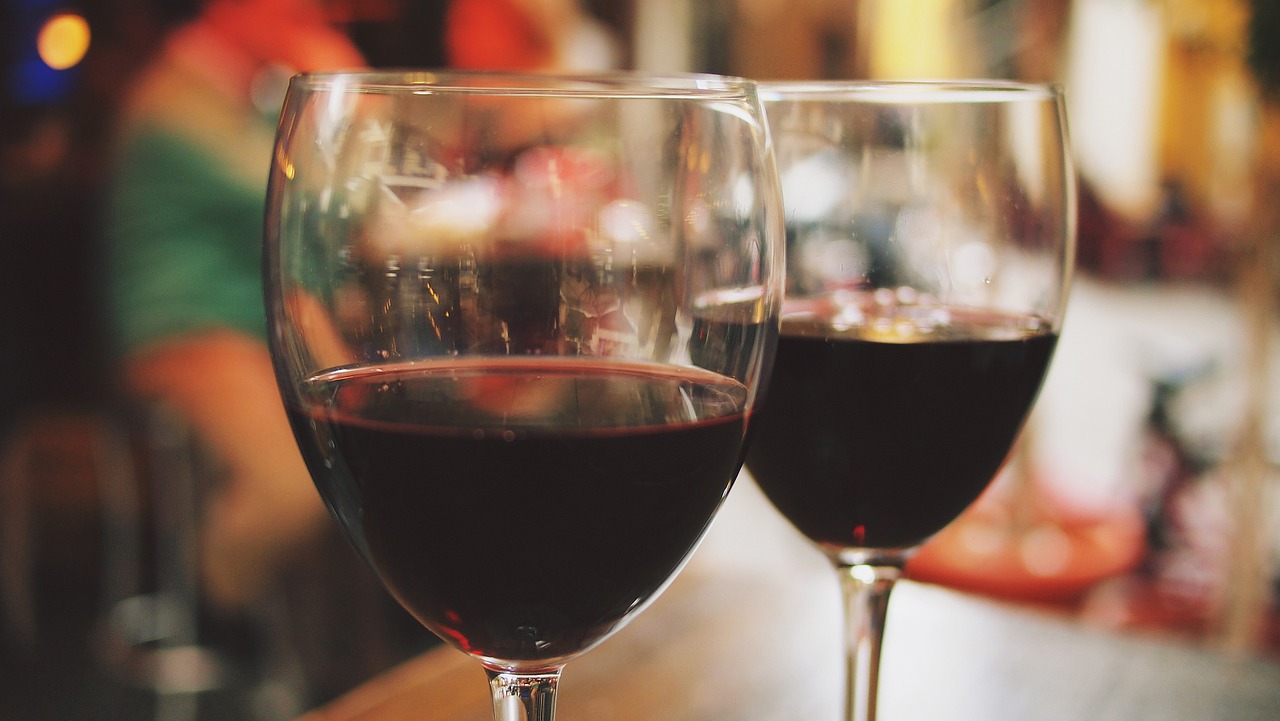Eating chocolate and drinking red wine may help slow the progression of Alzheimer’s disease in those with mild to moderate cases, according to the findings of a new study conducted by researchers at Georgetown University Medical Center.
The reason for this is a naturally occurring compound known as resveratrol, a compound which can be found in foods such as dark chocolate, raspberries, red grapes and certain red wines.
In the study, which was funded by the National Institute on Aging and published Friday in the journal Neurology, the researchers administered a high-dose of purified resveratrol to people afflicted with mild to moderate Alzheimer’s and found that a biomarker exhibiting decline with the progression of the disease was actually stabilized in those who were administered the naturally occurring compound.
R. Scott Turner, MD, PhD, the study’s principal investigator and director of Georgetown University Medical Center’s Memory Disorders Program, was quoted in a Georgetown University press release as having said that the results of the study “are very interesting” and that they “call for further research to interpret properly.”
This is a single, small study with findings that call for further research to interpret properly.
While the year-long nationwide clinical trial conducted by the Georgetown researchers marks the largest to date, it was actually composed of no more than 119 participants. The trial was conducted as a randomized, phase II, placebo-controlled, double blind study.
The purified form of the compound used in the study, a pharmaceutical-grade synthetic, is not commercially available and required an FDA “investigational new drug” application in order to test.
According to Turner, the results of the phase 2 clinical study warrant a phase 3 study in order to test resveratrol’s effectiveness on “individuals with Alzheimer’s” as well as those at risk for the disease.
Given safety and positive trends toward effectiveness in this phase 2 study, a larger phase 3 study is warranted to test whether resveratrol is effective for individuals with Alzheimer’s — or at risk for Alzheimer’s
While the compound is found in red wine, the amount administered to the study’s participants on a daily basis is the equivalent to what one might find in roughly 1,000 bottles of red wine.
Earlier this month, a new study published in the journal Molecular Psychiatry found a link between Alzheimer’s and obesity.
























